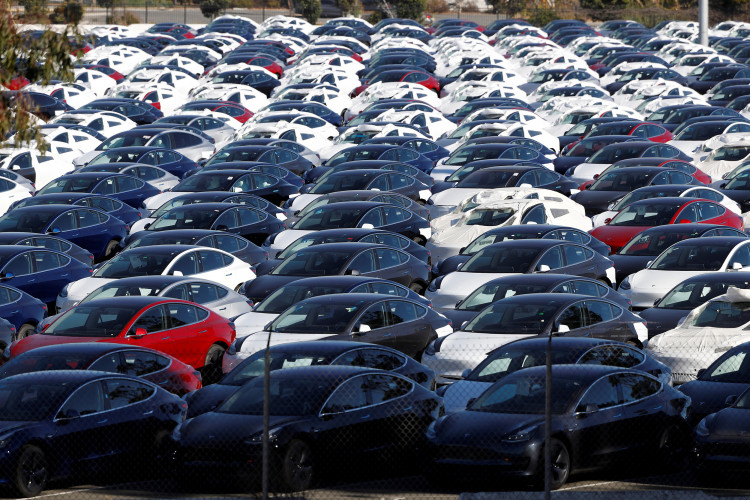More than a thousand brand new Tesla Model 3 electric vehicles have reportedly been blocked by Chinese customs from entering the country. According to local media reports, customs officials had not cleared the recent batch of Tesla electric vehicles due to several issues including incorrect labeling.
Stock prices of the company immediately fell by as much as 5 percent following the news. Reports of suspended clearances for the latest deliveries caused Tesla stock prices to go down to US$281.73 by the end of the trading day.
Tesla made its first shipment of Model 3 vehicles to China in late February, with customers receiving their orders around the same time. The company then delivered another 1,171 vehicles, which arrived at China's Tianjin Port.
Elon Musk's highly publicized company immediately released a statement following the reports and revealed the deliveries of their vehicles in China have not been directly impacted. According to Tesla, they have already coordinated with Chinese customs authorities to rectify the issues so that clearance procedures can resume for their vehicles. Some vehicles have reportedly already passed customs checks and are now on their way to their dealerships.
China is currently the largest electric vehicles market in the world and Tesla is aiming to tap that market to offset its diminishing demand elsewhere. Its success in China could also provide a big confidence boost to investors, who have since lost some of their trust in the company following the numerous delays and issues that have plagued it over the past few years.
Analysts believe that Tesla may still have to go through a lot of hurdles before it can successfully penetrate the Chinese market. For one, the country currently boasts a number of electric vehicle startups, with some receiving government subsidy. Tesla will have to directly compete with companies such as Byton, Xpeng Motors, and Nio Inc, who have all released their own electric-powered products.
Tesla has so far made expensive efforts to get the support of the Chinese government. The company even invested in the country's first foreign-owned manufacturing facility in Shanghai. The plant is scheduled to become fully operational before the year ends. Tesla's Shanghai factory is expected to churn out 10,000 Model 3 vehicles per week. The establishment of the facility was made possible through different negotiations with local banks, which have agreed to provide lower interest rates.
To become competitive in the country, Tesla has also continually cut the prices for its vehicles for Chinese customers. The company has even introduced a US$35,000 version of their popular mass-market electric vehicle in an effort to generate profit in China.





